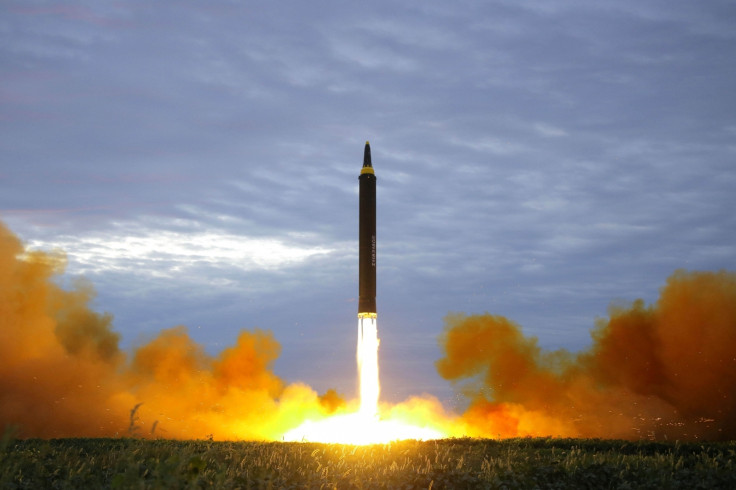Kim Jong-sik and Ri Pyong-chol: Who are the North Korea missile men sanctioned by US?
The US treasury department places travel restrictions on two key North Korean technocrats.
The US has announced fresh sanctions on two key individuals, Kim Jong-sik and Ri Pyong-chol, involved in North Korea's ballistic missile programme. The treasury department has clamped travel restrictions on the two, and their assets, if any, will also be frozen.
The duo, often seen with North Korean leader Kim Jong-un in photographs in state-run dailies, are thought to be behind Pyongyang's move from liquid-fuelled ballistic missiles to solid-fuelled ones.
Both Kim Jong-sik, a veteran rocket scientist, and Ri, a former top air force official, are thought to be close to the North Korean leader. Kim Jong-sik is not believed to be from an elite family, an aberration from the trend when it comes to senior political or military figures in North Korea; Ri was educated in Russia, according to a Reuters investigation. Both the technocrats appear to have been handpicked by the North Korean ruler.
"Treasury is targeting leaders of North Korea's ballistic missile programmes, as part of our maximum pressure campaign to isolate the DPRK [the Democratic People's Republic of Korea, North Korea's official name] and achieve a fully denuclearised Korean Peninsula," Treasury Secretary Steven Mnuchin said in a statement. Though the latest step is largely symbolic in nature, it is part of the US efforts to force North Korea to scale down its weapons activities.
"These actions follow Friday's United Nations Security Council Resolution, which imposed strong new sanctions on North Korea further shutting down its ability to raise illicit funds," Mnuchin said.
Kim Jong-sik and Ri are among 16 North Koreans hit by the fresh sanctions, which came in response to North's latest ballistic missile test. North Korea has frequently test-fired missiles with various strike ranges and the country now boasts its weapons can even reach the US mainland.
Meanwhile, Russia has voiced opposition to the sanctions saying the US should make efforts to set in motion a dialogue process. During a telephone call, Russian Foreign Minister Sergei Lavrov told his US counterpart Rex Tillerson "that it is unacceptable to exacerbate tensions around the Korean peninsula with Washington's aggressive rhetoric toward Pyongyang and increasing military preparations in the region".























